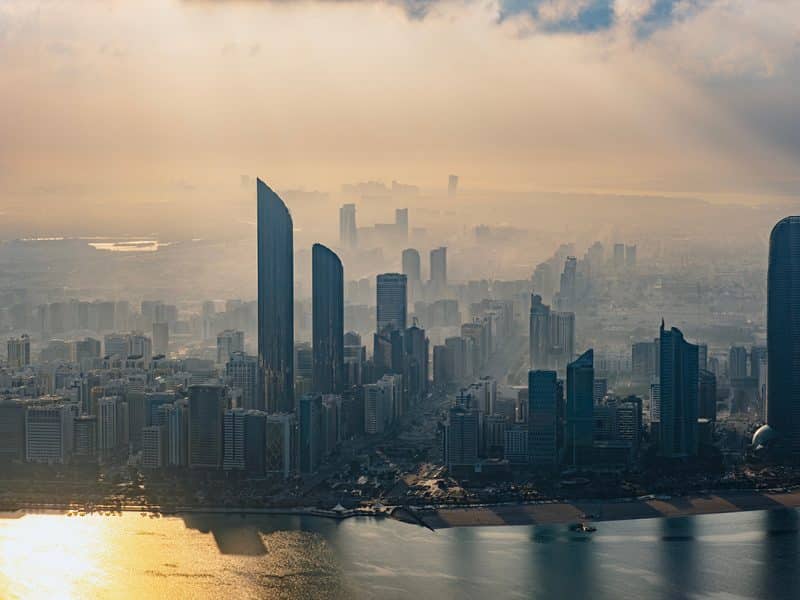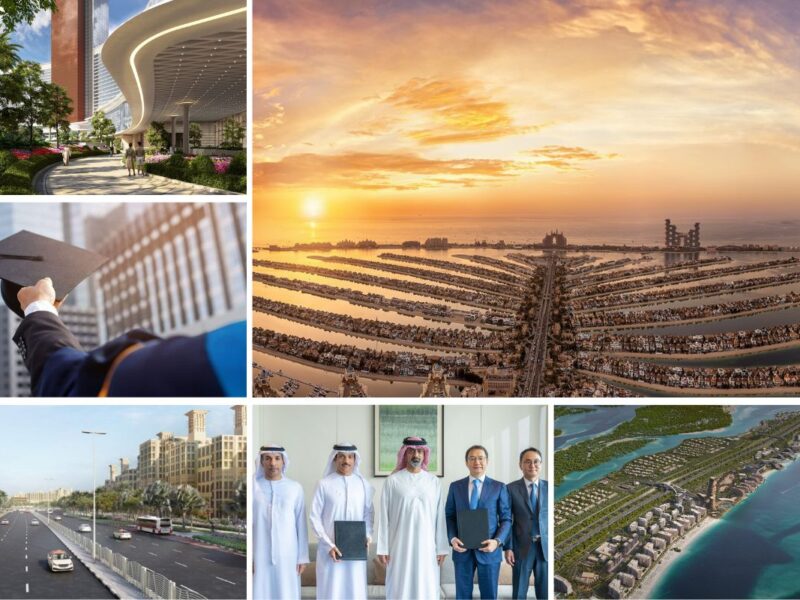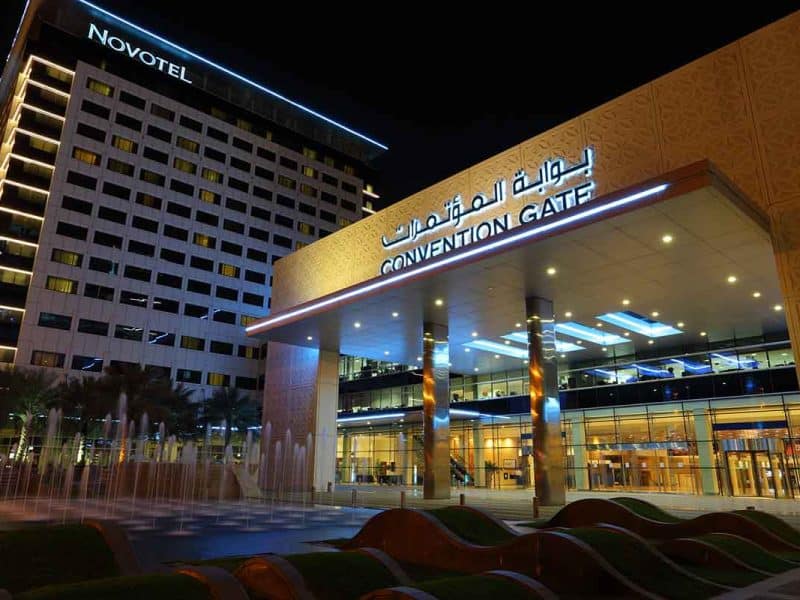A recent article in Arabian Business suggested that ‘skilled’ UAE expats should be granted citizenship to increase the economic benefits to the country, specifically by expanding the small Emirati workforce. This echoes a similar suggestion a few years ago from Emirati commentator Sultan Al Qassemi who argued that Arab expats in the UAE, who had contributed to its development, should be granted Emirati citizenship.
The mainstream responses to these suggestions have been critical, and many Emiratis state different reasons for their opposition to this proposition.
These include the government’s inability to sustain services to a larger local population, worries about the devotion of naturalised citizens to their new country, and anxieties regarding the loss of local ‘cultures and traditions’.
On the other side, the few Emiratis who support the naturalisation of expats cite the economic benefits of the proposal, and their belief that expats who have dedicated their lives to develop this country should gain citizenship.
What I find problematic in this whole debate, however, was the way each side is dismissive of the other. Those who oppose naturalisation sometimes accuse its supporters of not being patriotic enough or being ‘Westernised’. But judgements are also passed by the liberal supporters of naturalisation, who often view themselves as open-minded while trivialising the ideas of the other side as closed-minded and racist. Rushing to judgement is something many are guilty of, including myself. Although this habit is difficult to break, being aware of one’s own bias towards the ‘opposing side’ is an important step to a fruitful debate.
In different parts of the world, conservative and liberal parties and ideologies often clash, with each side refusing to acknowledge the concerns of the other.
Let’s look at the current US presidential election for example. Even if Hillary Clinton were to win the election by a sizeable margin, supporters of Donald Trump will maintain the same ideologies they have today. These intolerant attitudes don’t disappear with a liberal government, they are merely hidden, and can resurface even more violently at times.
I believe the one thing we can learn from their experience is the importance of both groups to acknowledge each other’s concerns, so as not to lead to a deeply polarised and divided society. The issue of citizenship in the UAE is an important one to discuss in that context.
The UAE workforce is very small, and it would be unreasonable to expect it to grow naturally to the extent that the economy requires. However, viewing citizenship through a purely capitalist lens is one-sided, as identity is a major concern for many people. The idea of ‘culture and traditions’ is problematic: many assume that those same cultures and traditions are homogenous and unchanging, that they existed as they do today since the pre-oil era (and if they changed, this is usually viewed negatively).
In our society, changing cultures and traditions implies that people have let go of their identity, that they do not value it. However, the reality is that Emirati culture has been diversifying since the pre-oil era. During the days of our grandparents, those influences came from Indians, Iranians and East Africans — the people Khaleejis traded with. This is evidenced by the local dialects of the Gulf (which have many words of Indian and Persian origins), the local food people eat, and the traditional music and dance (much of which is African-influenced).
It is wrong to assume that culture and traditions have always been the same, and must never change. At the same time, it makes sense to understand the concerns of those who expect them to be everlasting.
In the UAE, where almost 90 percent of the population is foreign, many Emiratis feel that they are losing their ‘culture and traditions’. For those Emiratis, the naturalisation of expats will further serve to alienate them within their own societies, where they may then feel they are no longer able to demand that certain cultural practices or ideals be enforced.
The Emiratis who do support the naturalisation of citizens, on the other hand, probably have less of a problem with this issue. Having lived abroad and/or having friends from different countries, many feel at ease in a multicultural environment, where amalgams of different cultures and values co-exist. But what makes one side’s concerns more valid than the other? For example, if those who support naturalisation view those who oppose it as racist, won’t that also open them up to accusations of being elitist? Those accusations can go either way.
Supporters of naturalisation cite the examples of immigrants in countries such as England or France to exemplify the way that the phenomenon has helped the cultural scene in these countries. However, it is important to remember that these countries have existed for far longer than the UAE, and that their native populations were significantly larger than ours when they started granting citizenship in large numbers. Their native cultures and traditions, no matter how varied or diverse they originally were, were already established in some sort or another.
Meanwhile, the UAE is still building its identity today. Thus, while the argument that local cultures and traditions are unchanging (and must stay unchanged) is flawed, this does not mean that discussion regarding the erosion of culture and traditions should be dismissed as closed-minded. Rather, it is important to acknowledge that for some, a close-knit, ‘homogeneous’ society with a certain lifestyle is what brings comfort to them. Their fears over significant change are not unfounded and should be engaged in with more nuance when discussing citizenship.
Emiratis who oppose the naturalisation of citizens are apprehensive of the commitment and dedication of naturalised citizens to their new country. Those who support naturalisation, on the other hand, believe that once people are naturalised, they will have even more reason to commit to their new nation — which is likely to be true. However, this does not mean other issues will not arise, especially in terms of divisions within the local population. For example, stereotypes of a “typical, lazy” Emirati or a “closed-minded Emirati” are not exactly uncommon among expats who live in the UAE.
Meanwhile, some expats are considered not religious or conservative enough to fit into Emirati society. And, as more people with different ideas and lifestyles get citizenship, get married, and raise families, it is possible that they will do so in ways that mean the two groups don’t integrate.
This lack of integration has proven to be problematic in France, Germany and many other countries.
Some have suggested that the naturalisation of ‘skilled’ Arabs, due to a shared language and culture, can overcome these concerns. This idea conveniently ignores the elephant in the room — Arabs and Khaleejis in the Gulf do not necessarily integrate and mix together, and although they may have more in common with each other than they do with other foreigners, both groups sometimes stereotype each other in ways that do not denote a real shared culture. In fact, only a few decades ago, it was the Indians and Iranians, who the Gulf Arabs traded with, who shared many aspects of their culture with Khaleejis.
Emirati supporters of naturalisation have sometimes called other Emiratis lazy for not wanting to up their game and compete with naturalised locals in the workforce. However, the discussion should rather focus on why there is an issue of demotivation among Emiratis in the first place. Is it really that people are lazy, or is it that the schools and educational and cultural environments haven’t been able to allow students to discover their interests, and become passionate and driven about something? And will the children of ‘skilled’ naturalised citizens become ‘lazy’ as well at some point?
These discussions should seriously be debated among those who support naturalisation, rather than lambasting those on the other side for being closed-minded. I wonder whether acknowledging the other side’s concerns could be the first step to a more open discussion.









